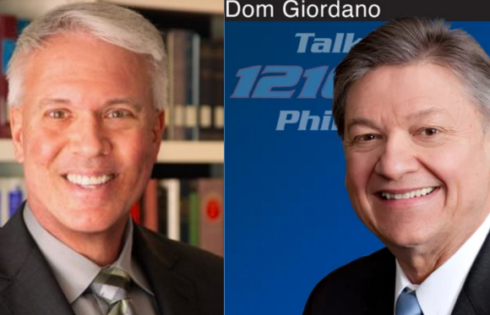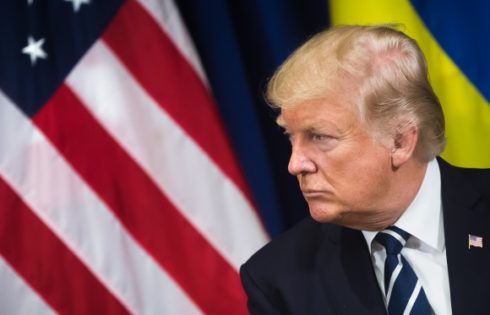
A pair of health law professors from Saint Louis University recently wrote an opinion piece in The Conversation that argued monetary incentives for taking the coronavirus vaccine could have an adverse effect.
“In the medical context, monetary incentives are typically not available when participants take a health risk that nonetheless provides them with some likely personal benefit,” Ana Santos Rutschman and Rob Gatter said.
The pair criticized proposals from economists such as Robert Litan and Greg Mankiw to pay participants between $1,000 to $1,500 to take the vaccine. Litan speculated in a piece for the Brookings Institution that $1,000 would work, though as the Saint Louis University professors noted, he called the number a “hunch.”
The law professors said:
But there is a concern that, if clinical researchers pay potential subjects for risk-taking, their clinical trials will prey on poorer people for whom the payment would make the most difference. The law withholds authorization for clinical trials where there is reason to suspect that large payments were inducing people to take risks against their better judgment.
Payment for vaccines can lead to a greater distrust in them, because participants may reason that they are being offered a high price because it has been so hard to induce people to take it.
The professors said:
First, we have no actual behavioral studies in this area – as opposed to the case of smoking cessation rewards. Similarly, as the proponents of vaccination rewards admit, there is no data on how to set the appropriate reward.
Second, the proposal might backfire. People who already do not trust vaccines may consider the mere availability of payment as confirmation that vaccination is especially risky or undesirable. And people or organizations interested in promoting disinformation about vaccines may portray payment originating from the government as “proof” of deep-state or hidden agendas associated with vaccination. If people perceive the monetary incentive in this way, that could contribute to increased vaccine hesitancy – precisely the opposite of what it is intended to do.
Finally, payment for vaccines could lead to a further deficit of trust:
An amount close to $1,000 is supposed to prompt a person to change attitudes toward vaccination. In practice, this means that richer individuals, who might not be moved by $1,000, can just ignore the reward. Poorer people, however, are expected to change their behaviors in exchange for money. This is a paternalistic approach that does not help build trust in the government and public health authorities among poorer communities.
“For these reasons, we urge caution to regulators and legislators in this area,” the professors said. “We all want the pandemic to come to an end as soon as possible. But we need to get the incentives right, which entails relying on data, and not just on unstudied theories.”
IMAGE: Dmitry Naumov/Shutterstock
Like The College Fix on Facebook / Follow us on Twitter




Add to the Discussion